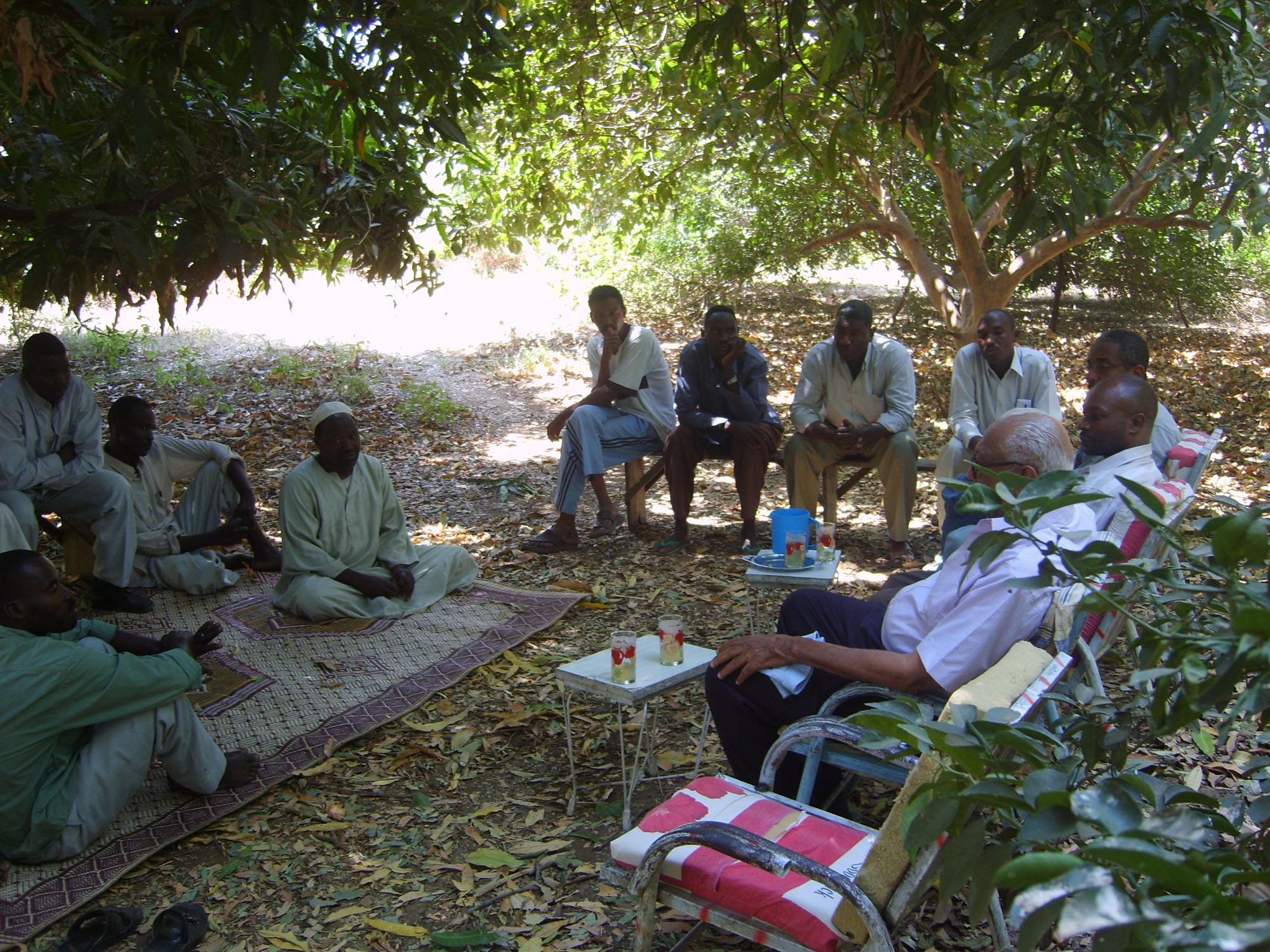
Global health research often relies on the establishment of large and diverse multi-national scientific networks. Such collaborations are dependent on partnerships between a range of institutions – both in developed and developing countries – and involve diverse yet interdependent forms of expertise.
Our network extends from multiple funding agencies to research institutions to clinical settings to the communities that participate in our research, and involves a variety of professionals including epidemiologists, geneticists, statisticians, specialists in information technology, database managers, clinicians, and fieldworkers.
In this complex context, where network members work in a variety of circumstances and may even be in competition for scientific prestige and resources, our projects need to address potential roadblocks to the sustainability of these underlying partnerships. This involves building and maintaining:
- Relationships, shared values and practices that underpin collaborative science
- Mechanisms for working in the context of different ethical values and commitments
- Approaches for managing sensitive ethical issues such as data release and sharing
These issues highlight the importance of both trust and confidence in scientific networks. For example, if data produced by the network on the basis of samples and phenotype descriptions collected by partners in developing countries is rapidly utilised by institutions in developed countries at the expense of emergent capacity in the institutions which contributed to the generation of the data, this has the potential to undermine long-term trust. It may also undermine the emergence of the type of networked science that is essential to understanding disease and addressing the healthcare needs of the poorest people.
Using MalariaGEN as a case study, our ethics team is conducting empirical and philosophical research into various ethical issues that arise in diverse scientific networks including the:
- Ways in which global, collaborative scientific networks identify, negotiate and address potential roadblocks in the process of developing and maintaining relationships, shared values and practices
- Concept of trust and its role in research collaborations
- Integration of ethics into biomedical research
Publications
- Parker M, Kwiatkowski DP. The ethics of sustainable genomic research in Africa. Genome Biology. 2016 17:44 DOI: 10.1186/s13059-016-0914-3.
- Kerasidou A, Parker M. Does science need bioethicists? Ethics and science collaboration in biomedical research. Research Ethics. 2014 Dec 1;10(4): 214-226. doi: 10.1177/1747016114554252
